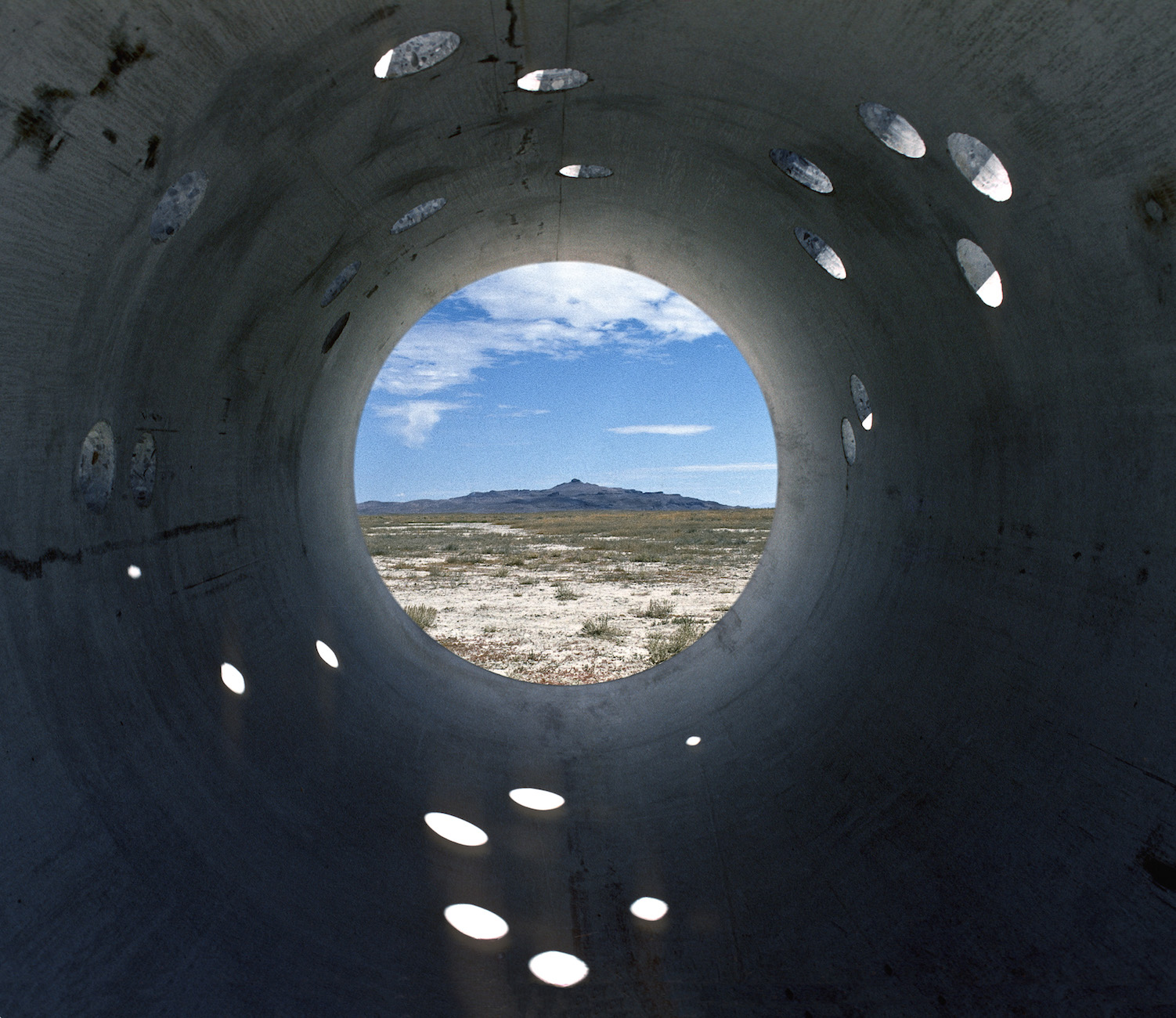Sharawaji is the perfect sound. It’s the phenomena that David Rothenberg has to write pages about just to explain what it means. There is no one example that could be known as the perfect sound, because as we learn the perfect sound is subjective. It can only be perfect to you, or perfect to that moment, or perfect to the place. Through the many combinations of stories I think I was able to begin forming my own understanding of the word. I don’t think I will truly understand it anytime soon, but I was so captivated that I’m sure I will keep my ears open to try and find it.
To start my understanding I examined my own favorite sound, the sound of my heartbeat underwater in a bathtub. When I reflected on this sound I knew that I enjoy it because It brings me comfort and I only hear it at the perfect moment: a calming bath. After reading the entirety of this chapter I found the truth in why I enjoy this sound, and what makes a sound perfect. A large portion of the text revolves around this idea of the tremendous sound of a glacier breaking. Its a powerful sound but what makes it tremendous is the fact that it is an equally powerful occurrence. When a glarier breaks we are faced with what this class is all about, the consequences of human actions. The concept of the earth being destroyed. On its own we know its real, we talk about it daily, yet somehow nothing seems to be done about it. Maybe that’s because we never hear the sound of the glacier breaking. Just because we know its happening doesn’t mean it’s really a reality. Even more thought provoking is the idea from Galvani, that when a glacier hears the sound of a crumbling glacier, will they too crumble? Maybe this tremendous sound is so powerful because it is the sound of death, and when a glacier is faced with its own death it too may choose to cave.
This is a sound of life and death. In this glacier cascade, eventually there will be no more glaciers to crumble, and finally the sound will stop. We as humans will be left with no sound. We knew the glaciers died and through the sound of them crumbling we knew they were once alive. In this moment when there are no more sounds for us to hear, we will realize the meaning of sharawaji, that the perfect sound is anything that proves we are alive. And surely when I can no longer hear my own favorite sound it will be proof of my death.

